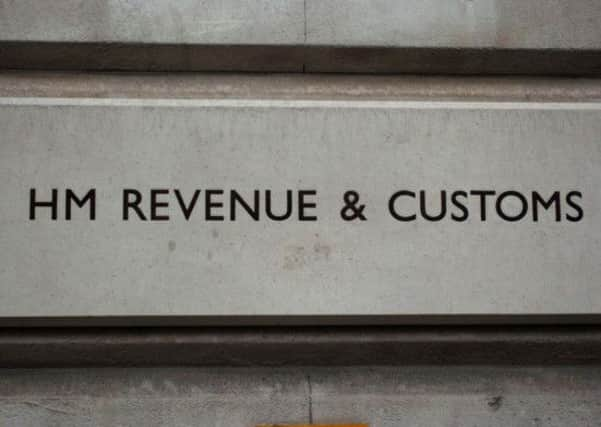Leaders: Multinationals must be called to account


Relations between the taxer and the taxed are often uncomfortably close. The suspicion is that no sooner have very bright civil servants finished writing a new addition to the corporate tax code, than they are recruited by top accountancy firms to provide ideas on how to get round it.
The belief that HM Revenue and Customs has too cosy a relationship with the big multinationals gained new credence yesterday when a Commons select committee suggested the tax authority seems to “lose its nerve” when it comes to pursuing the biggest names in business.
Advertisement
Hide AdAdvertisement
Hide AdThe chairman of the House of Commons public accounts committee, Margaret Hodge, said: “In pursuing unpaid tax, HMRC has not clearly demonstrated that it is on the side of the majority of taxpayers who pay their taxes in full.”
One of the eye-catching findings of the committee’s report was that last year the department collected less tax in real terms than it managed to collect in 2011-12, despite its stated ambition to crack down on tax avoidance. This is an extraordinary state of affairs. The average man and woman in the street, struggling through the age of austerity and seeing crucial public services cut, would surely find it astonishing that the corporate world is getting an easier ride than before.
There is perhaps a cold logic behind the tendency of HMRC to strike deals that seem advantageous to the big firms. These corporations hire very expensive lawyers, who will find a way round most tax rules. At some point, the HMRC calculation seems to be that it would rather cut its losses and do a deal than prolong the agony for an uncertain gain at some indeterminate point in the future.
Logical it may be, but it is morally indefensible – especially when the taxman shows no such leeway when it comes to wringing every due penny from the minnows of British business, and has little compunction about forcing them to the wall if they are struggling to pay their VAT on time. These small firms put up less of a fight, which is why they are pursued so ruthlessly.
Taxation has to be seen to be fair, and for that to be in the case our system needs to meet two standards. First, we need new tax laws that massively reduce the scope for avoidance. There is a strong argument that the code is now too complex, that this complexity simply produces a multiplicity of loopholes.
Second, HMRC needs to have the resources and – perhaps more importantly, the will – to pursue big multinationals as relentlessly as it pursues the country’s joiners and hairdressers. It may take longer, and be more difficult, but fairness demands that multinationals know their obligations, and are obliged to meet them.
Train robber was no anti-hero
BRITAIN loves an anti-hero. There is nothing the country likes more than supporting an underdog, a rebel, or a lovable rogue. The problem comes when, due to an unfortunate category error, this honour is bestowed on someone utterly undeserving of the accolade. Someone, in fact, like Ronnie Biggs.
The Great Train Robber, who died yesterday in a north London care home aged 84, was one such category error. He was no hero. He was just a crook.
Advertisement
Hide AdAdvertisement
Hide AdThere was no romance in the crime that brought him fame and notoriety. It was an armed robbery in which Jack Mills, the train driver, was beaten around the head with an iron bar. It was attack from which Mr Mills never recovered, and he died seven years later.
But this brutal reality has, over the years, been lost from the public perception of the robbery. One of the factors in this was undoubtedly Ronnie Biggs’s exile in Brazil, where he would regularly hold court with visiting British journalists and boast of his Copacabana lifestyle.
He was aided and abetted by people who, either knowingly or naïvely, misread thuggish criminality as cheeky chappie anti-authoritarianism – as with the Sex Pistols appropriating him for the song No One is Innocent.
And yet Ronnie Biggs eventually came home to a cell – a sad, lonely, homesick and disappointed man, who admitted he had come to regret the pain the robbers had inflicted on their families, and the family of Mr Mills.
The part of our national psyche that makes heroes out of villains is not our finest attribute. Perhaps the example of Ronnie Biggs might lead us to be more careful about bestowing our affections in future.